During the past campaign, college journalists from swing states blogged about what was happening in their states for the Washington Post. The 12, as the series was called, featured Marquette’s very own Tessa Fox. She visited my elections class Tuesday to talk about the experience.
Most of the work involved short posts, like this tiny post on Gov. Scott Walker’s efforts to comply with the Affordable Care Act. But she also did some multimedia, like her audio slideshow of an interview of one Wisconsin voter.
Overall, Fox said she averaged two hours a week on the project, which she said was “time-consuming but manageable” alongside her job at the Marquette Tribune and her classes. What made it nice was that if she couldn’t observe some event, she could lean on someone else’s coverage by linking to them.
What made Fox’s presentation interesting was that she is a fellow student. Like Brynne Ramella tweeted, “It was nice to have a student visitor for once!”
More to read
—Melanie Lawder covers Fox’s visit at her blog.
—Tessa Fox’s blog about the experience. (What do you call a blog about a blog? A metablog? A web log log?)

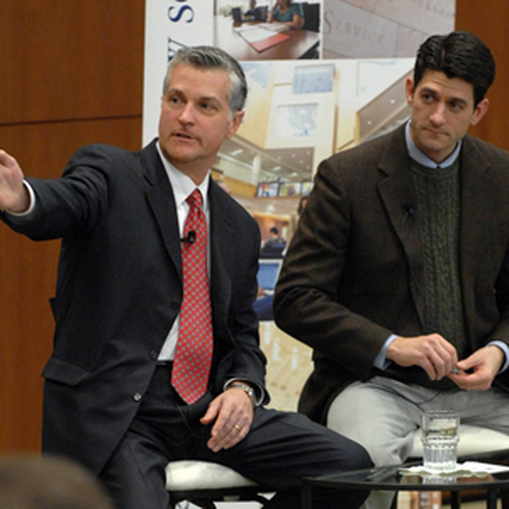
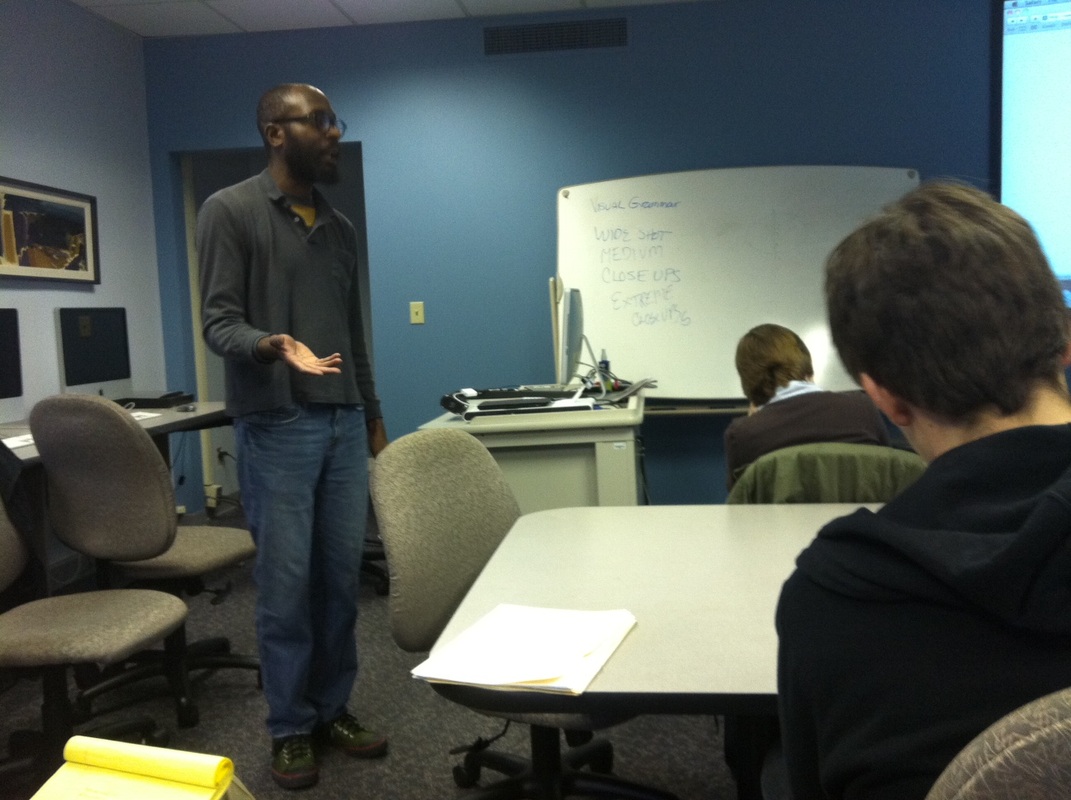
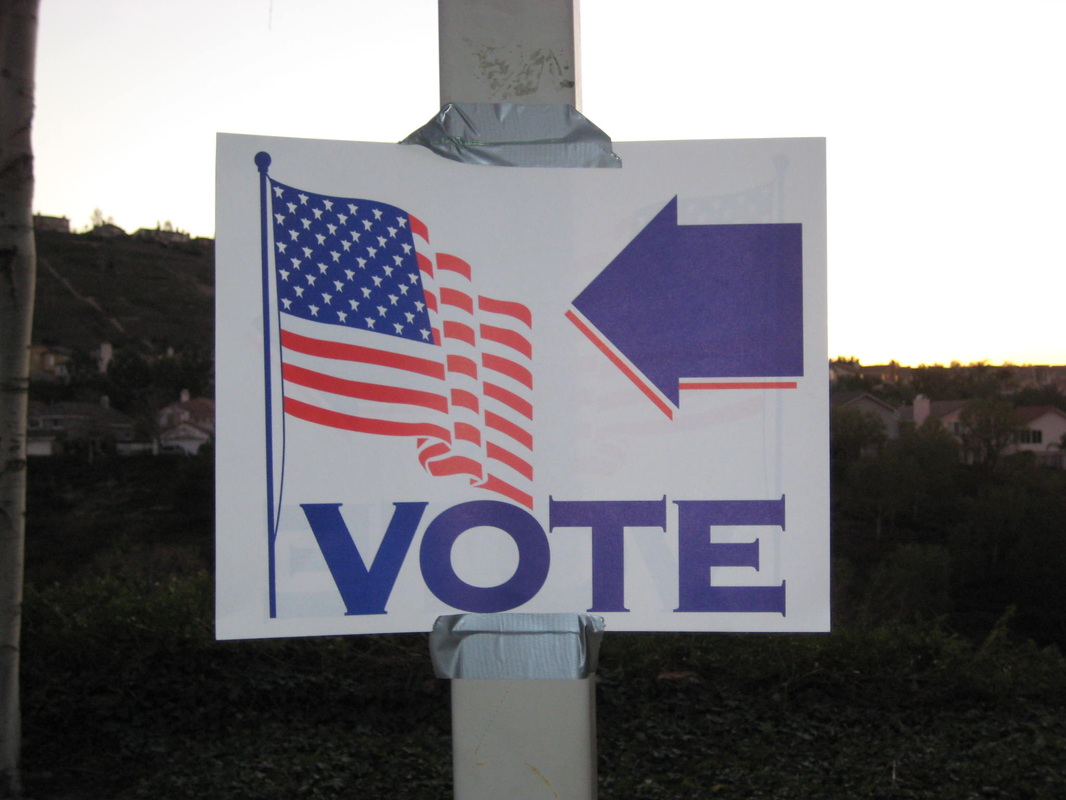
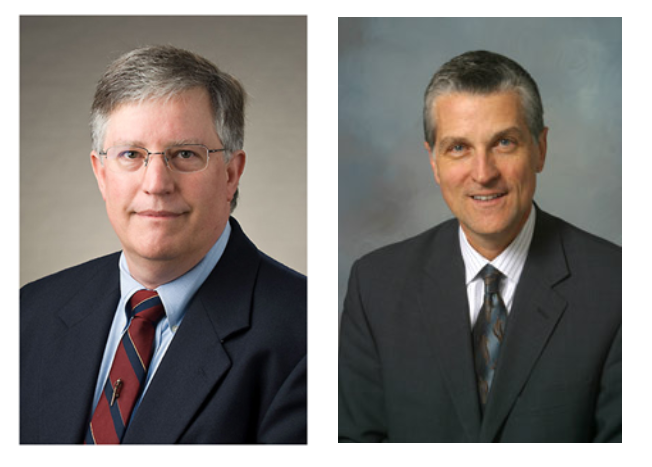

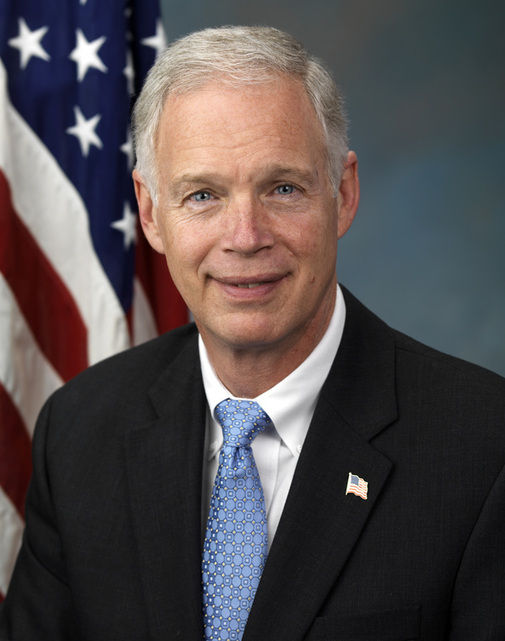
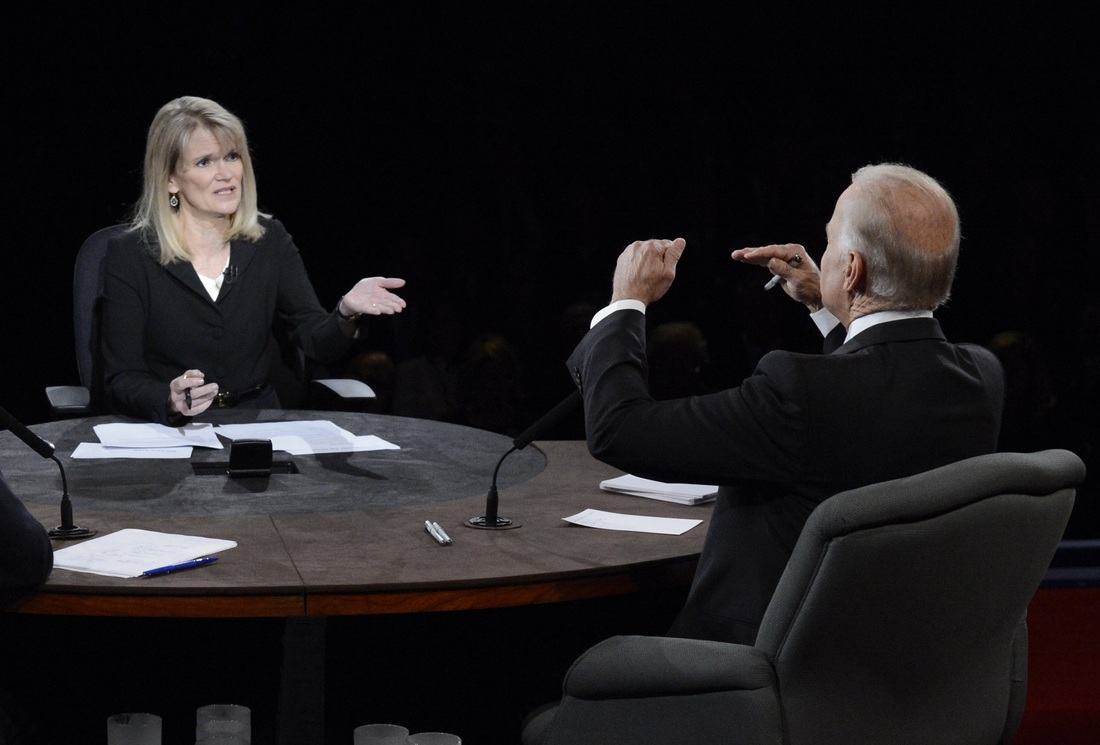
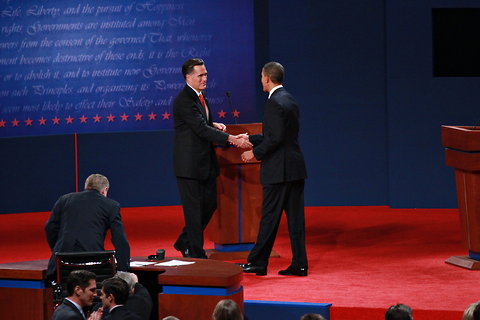
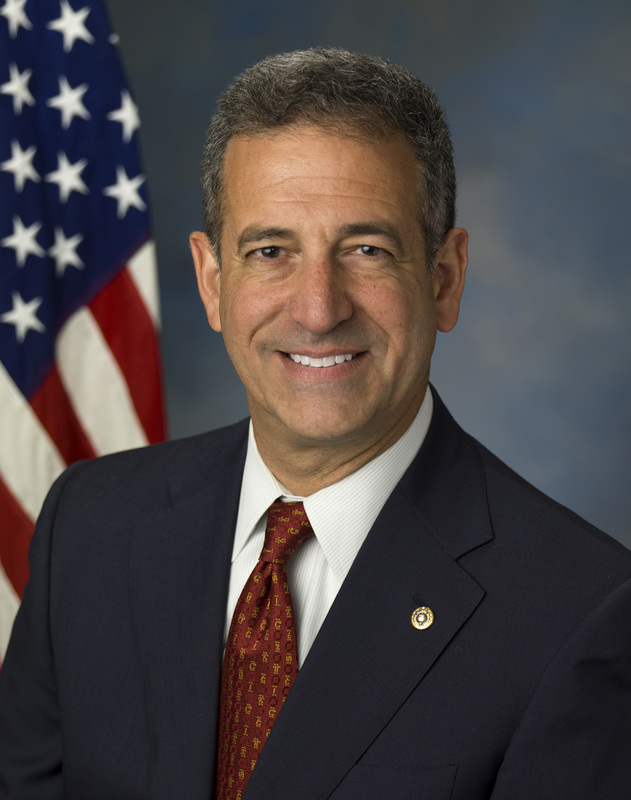
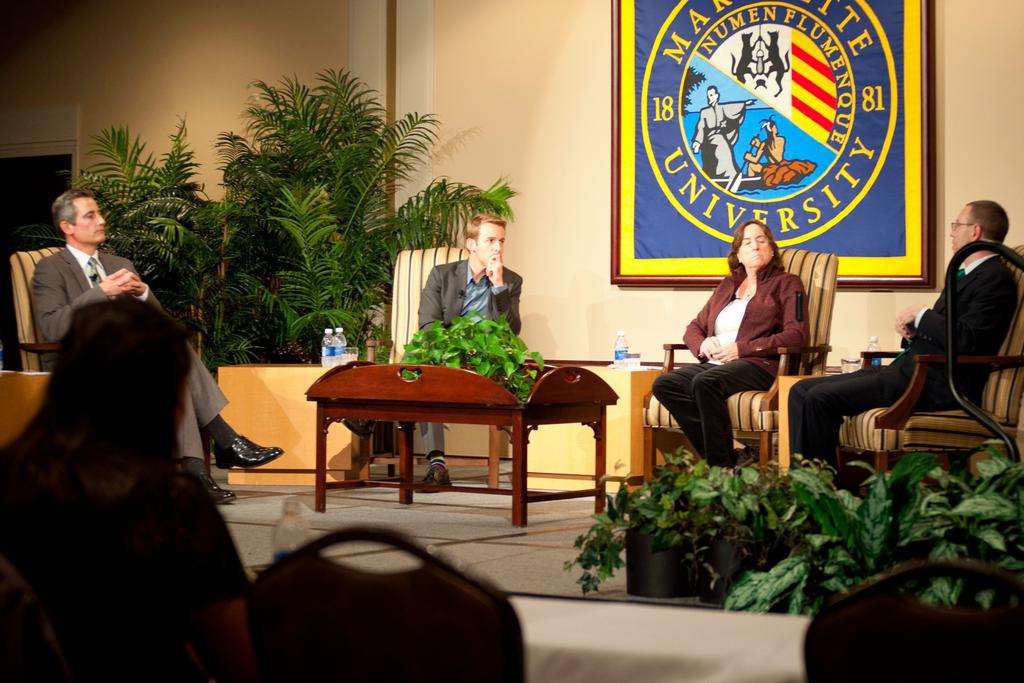
 RSS Feed
RSS Feed